Volcanoes Safaris has been at the forefront of reviving gorilla and chimpanzee ecotourism in Uganda and Rwanda for twenty five years.
The Volcanoes team are excited to share the rich culture, history, and hospitality traditions of the Great Lakes Region of Africa. We look forward to welcoming you to our lodges.
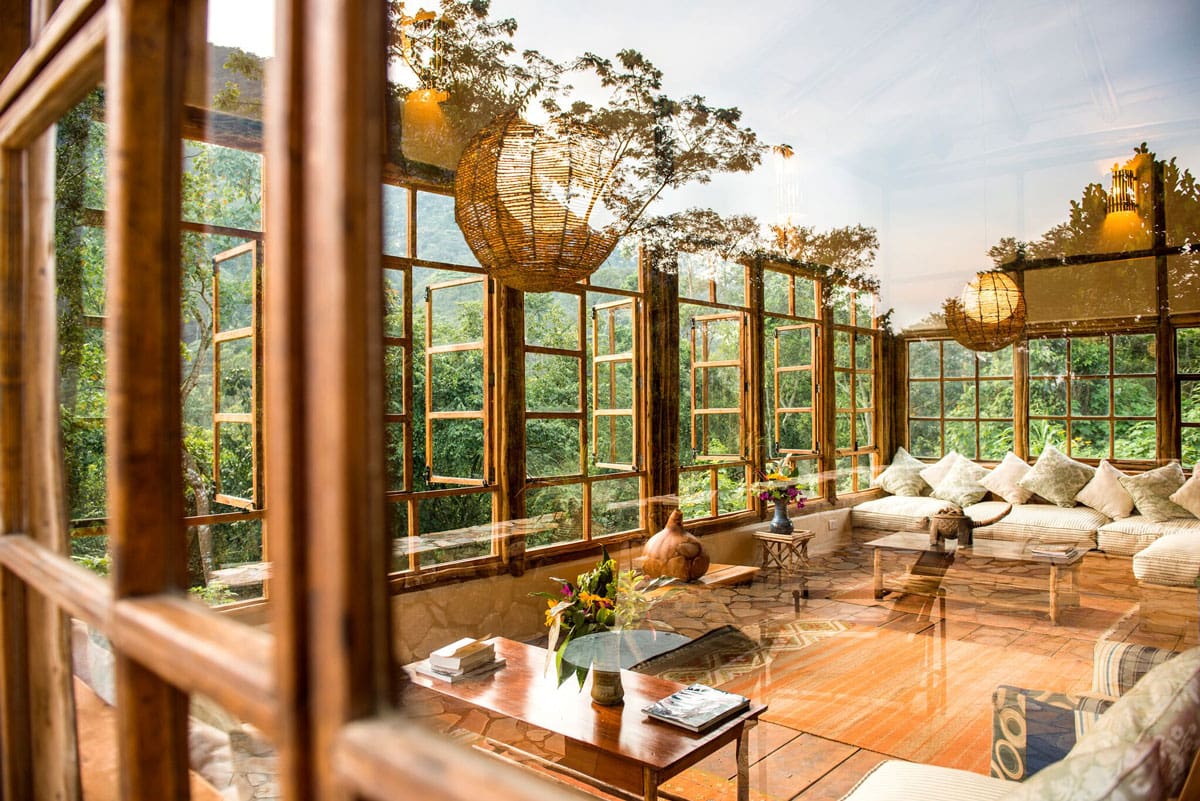
Volcanoes Safaris was founded in 1997 in Uganda by Praveen Moman.
Today, we are recognized as the leader in gorilla and chimpanzee ecotourism in the region.
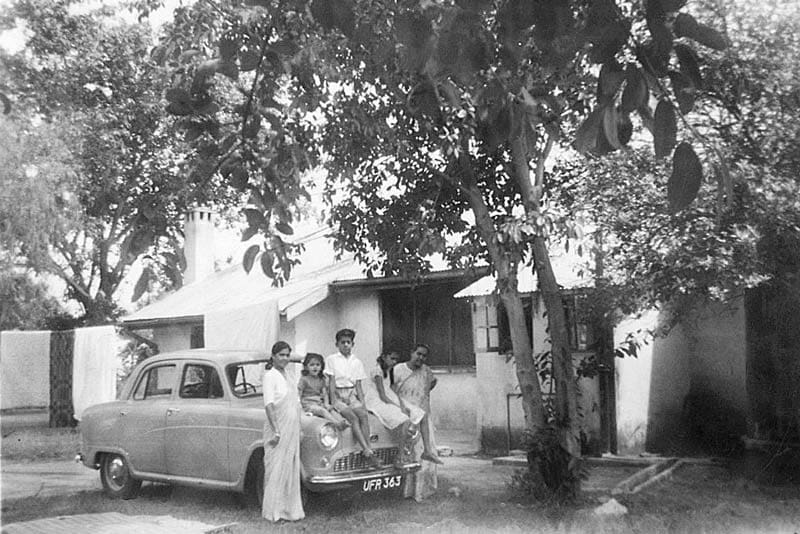
In 1927 Praveen’s great-uncle, Churanji Lal Phakey, from the Punjab, India, pitched a tent in the bush, among lions and leopards, some twenty miles east of the Source of the great River Nile in Uganda and became His Majesty King George V’s Postmaster at Iganga. He was the first family member to live in Uganda.
In 1997, Praveen too pitched a tent in Mgahinga National Park in southern Uganda, where he had first walked aged 12 in 1966 with his father Kuldip Rai Moman. This was the beginning of Mount Gahinga Lodge and Volcanoes Safaris.
A simple camp at Bwindi Gorilla National Park was opened in 1999.
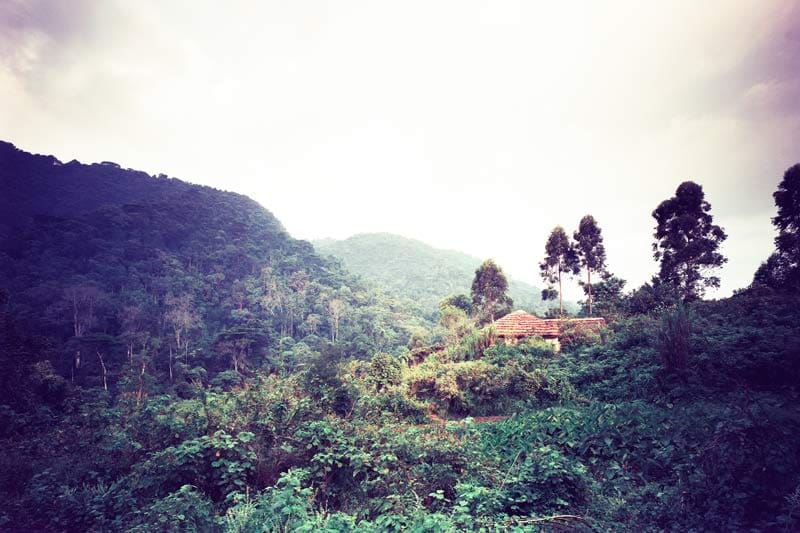
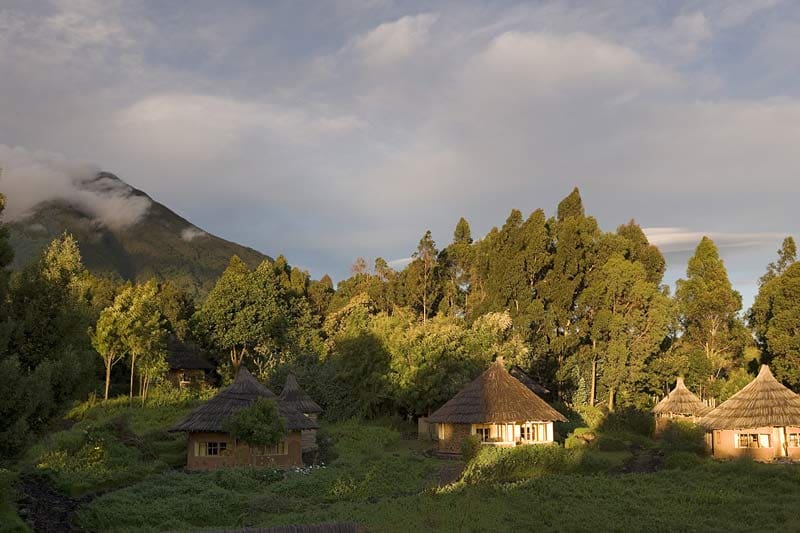
In 2000 we started taking guests from Mount Gahinga to track gorillas in Parc National des Volcans in Rwanda and opened an office in Kigali.
Volcanoes Safaris helped kick-start gorilla tourism in Rwanda after the genocide through the Volcanoes BLCF Partnership Project in 2003.
In 2004 Virunga Lodge was built in Rwanda, the first lodge to be built by an international lodge company in Rwanda after the war.
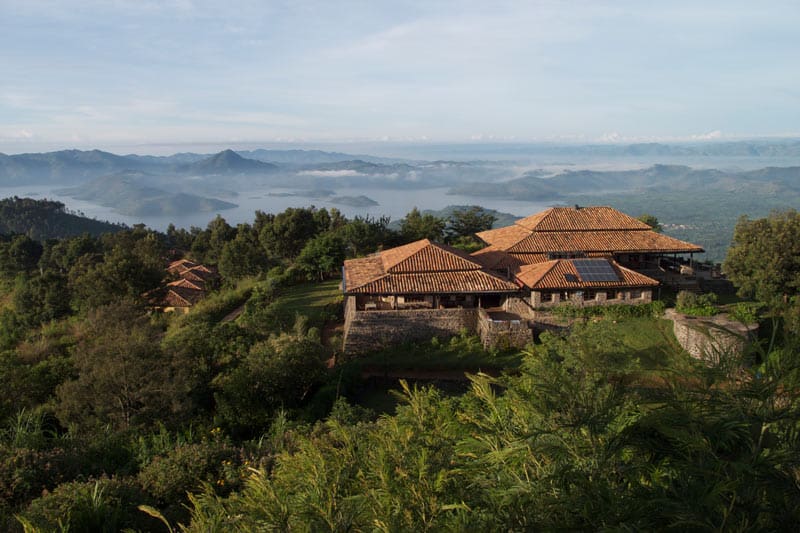
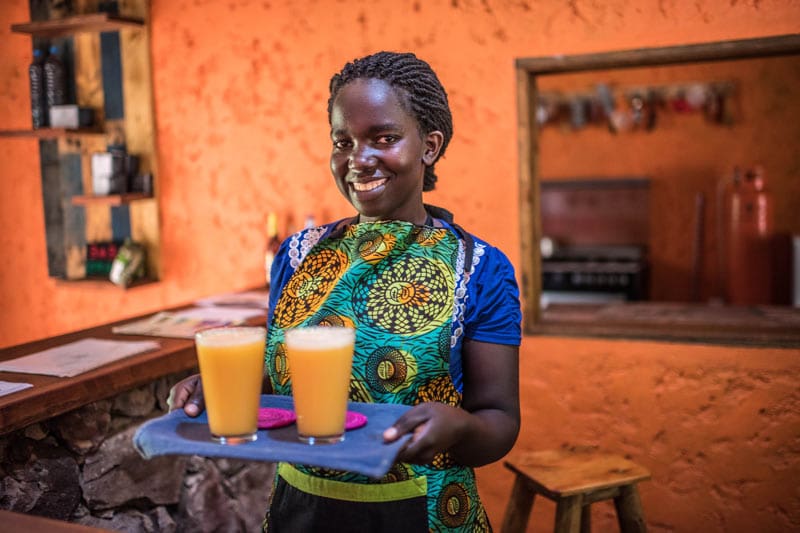
In 2005 Volcanoes Safaris became a signatory of the UN Kinshasa Declaration on Saving the Great Apes.
In 2009, the Volcanoes Safaris Partnership Trust (VSPT), a non-profit organisation that creates long-term, self-sustaining projects that enrich the livelihoods of local communities and promote the conservation of the great apes was established.
In 2011 Kyambura Gorge Lodge was opened in Uganda, as part of the Kyambura Gorge Ecotourism Partnership Project to protect the threatened chimpanzees living in the gorge.
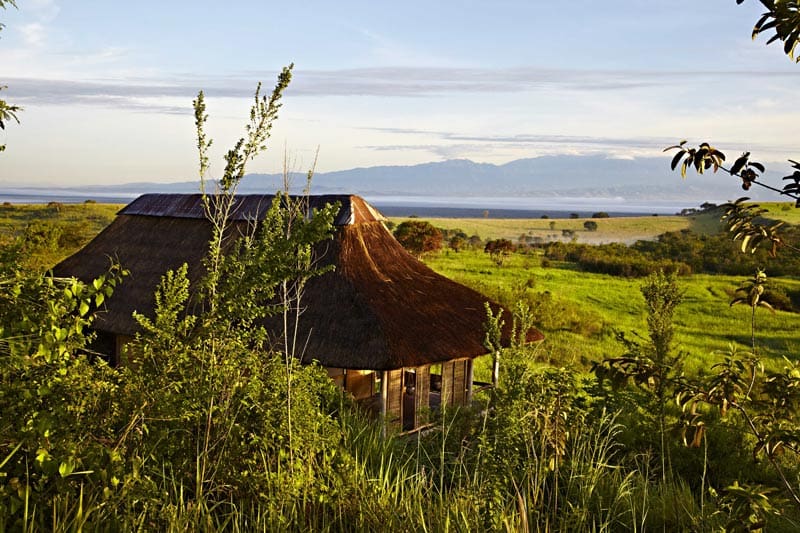
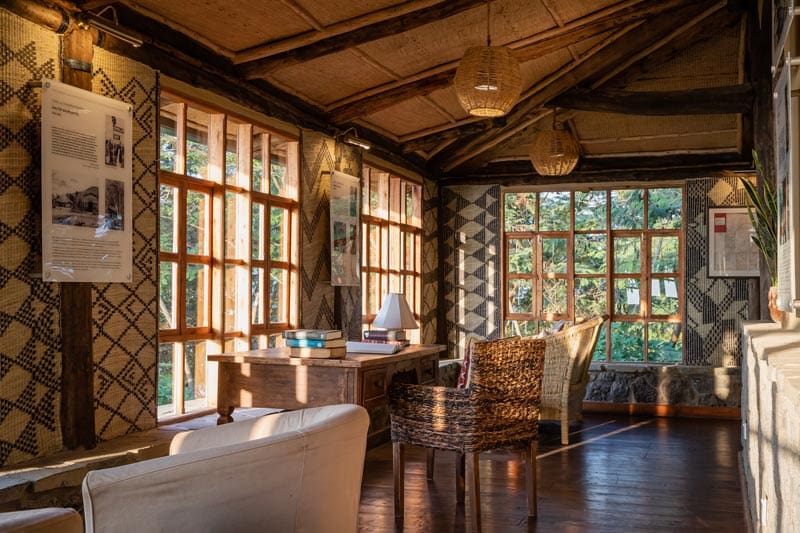
In 2017 The Dian Fossey Map Room at Virunga Lodge was opened, containing a permanent exhibition, curated by Giulia Ajmone Marsan, charting the ‘Conservationists and Explorers of the Virunga Volcanoes’.
Download ‘Explorers and Conservationists of the Virunga Volcanoes’ Photoessay
In 2018 Volcanoes Safaris Partnership Trust created The Gahinga Batwa Village, a major community project near Mount Gahinga Lodge, to provide a permanent home to over 120 of the Batwa community, who had been evicted when Mgahinga National Park was gazetted in 1991. The project was financially supported by Volcanoes Safaris, the Adventure Conservation Travel Fund and private donations.
In 2018 Praveen Moman gave a TedX talk, entitled “Save Gorillas: Focus on Communities”, and argued that we need to change the paradigm of gorilla tourism and conservation and make them central to the economic mainstream so communities have a stake in the survival of the gorillas and habitat.
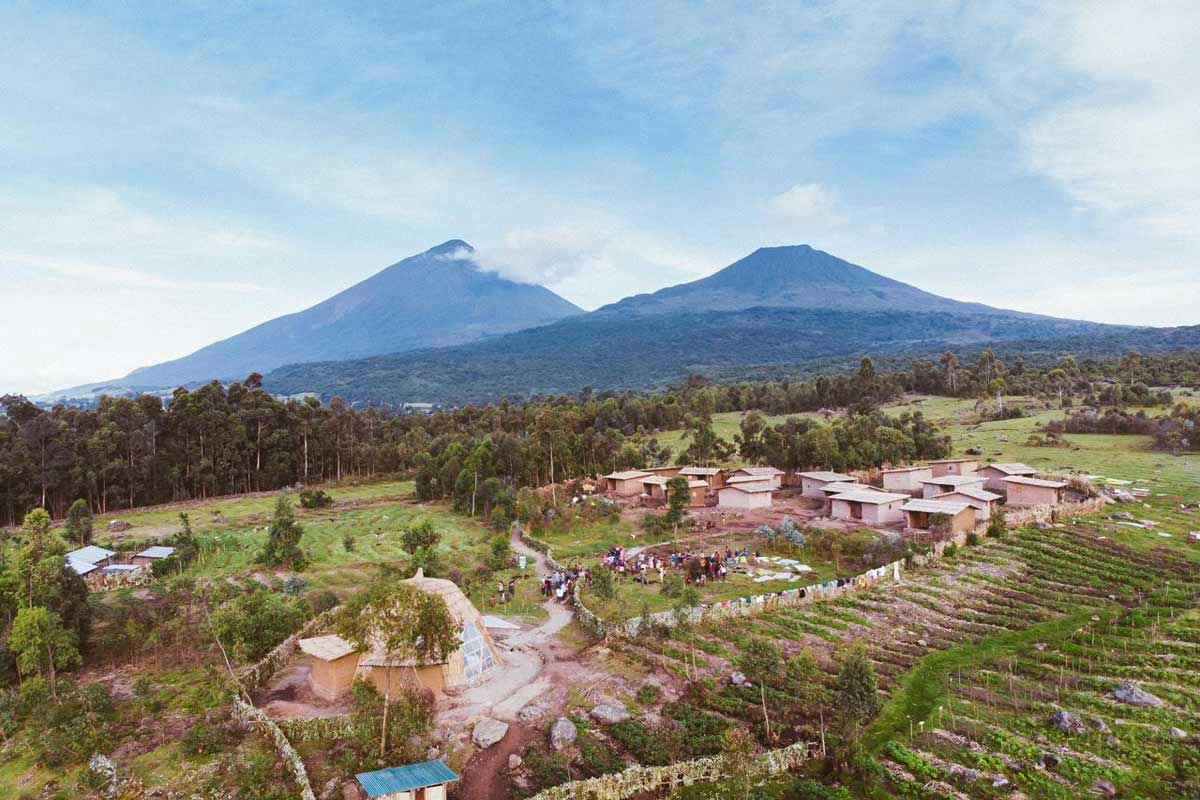
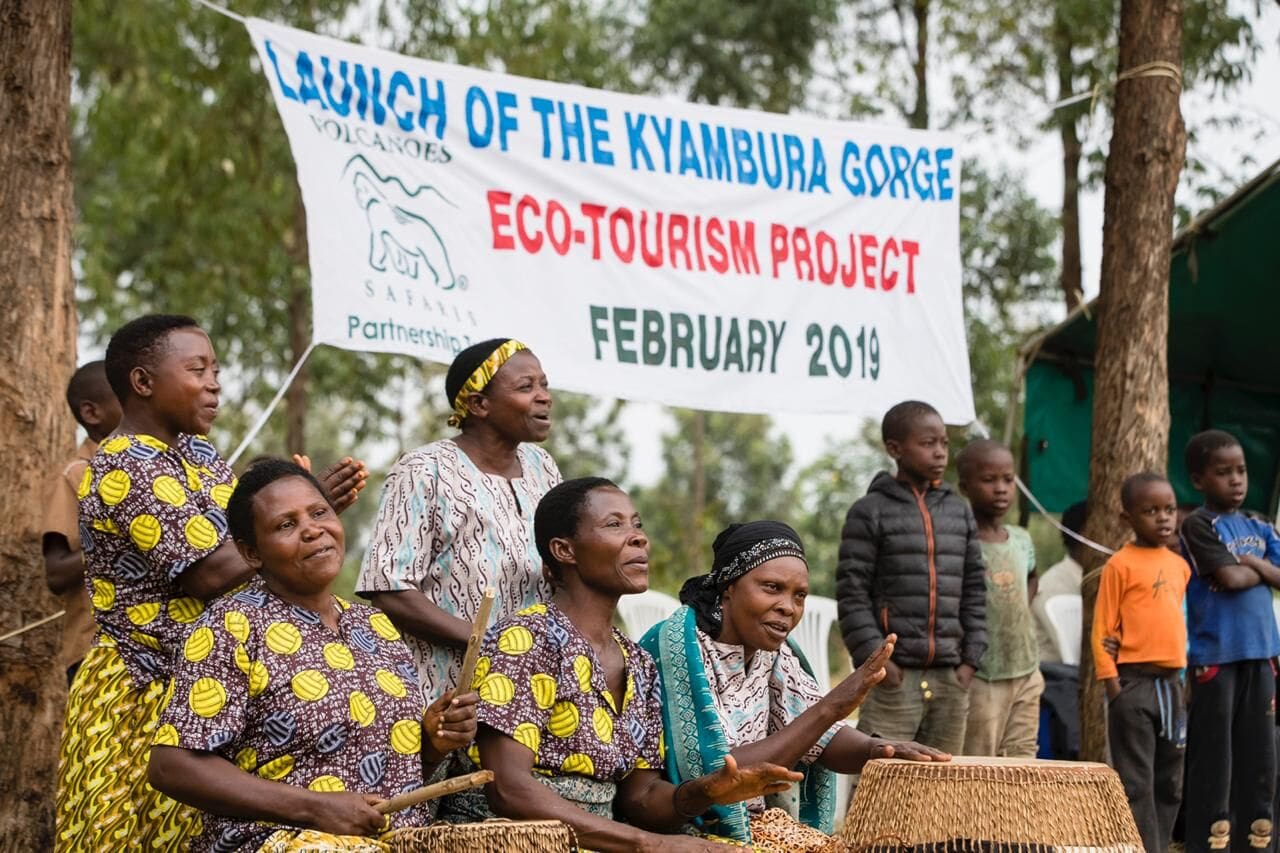
The Kyambura Gorge Ecotourism Project, launched in 2019, is a series of connected community and conservation activities around the Kyambura Gorge area which seek to safeguard the chimpanzees, reduce human-willife conflcit, and increase income for local people by improving their skills.
In 2020 Volcanoes Safaris and DEG (a financial institution incorporated in Germany) partnered to provide Covid-19 healthcare and training to support job security, conservation and communities in Rwanda and Uganda.
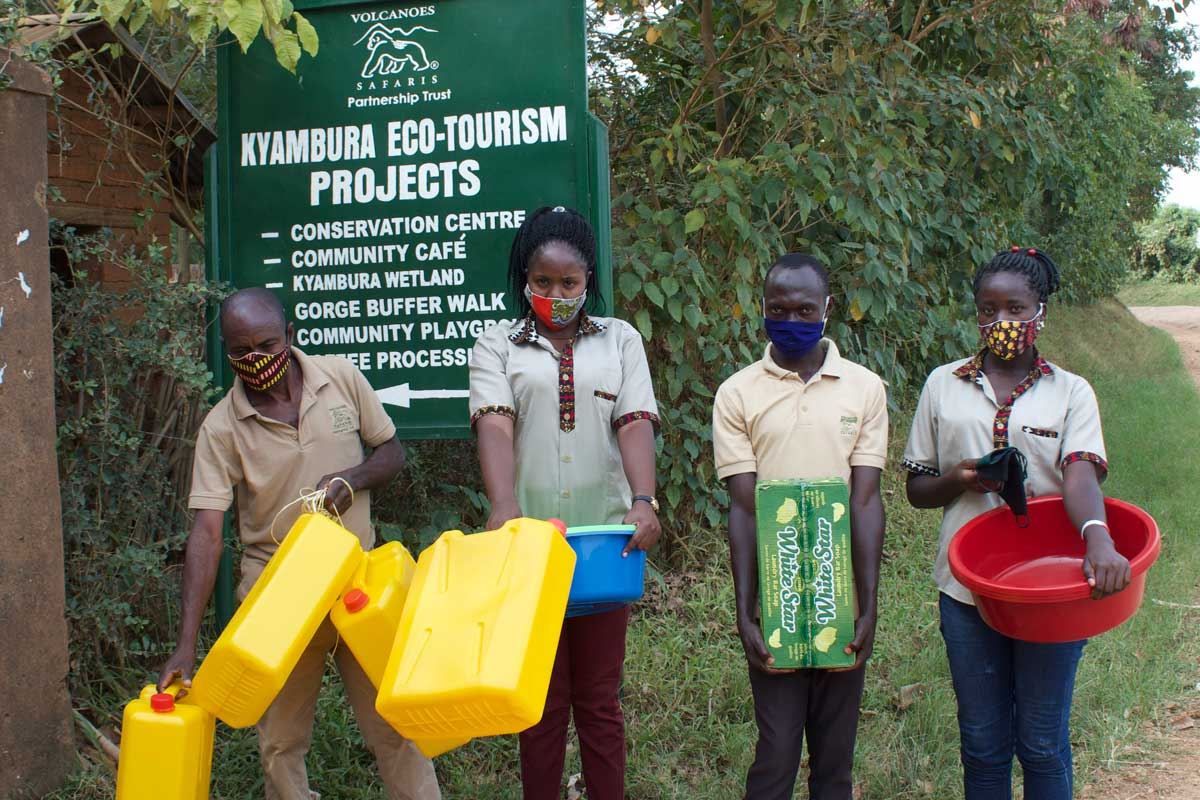
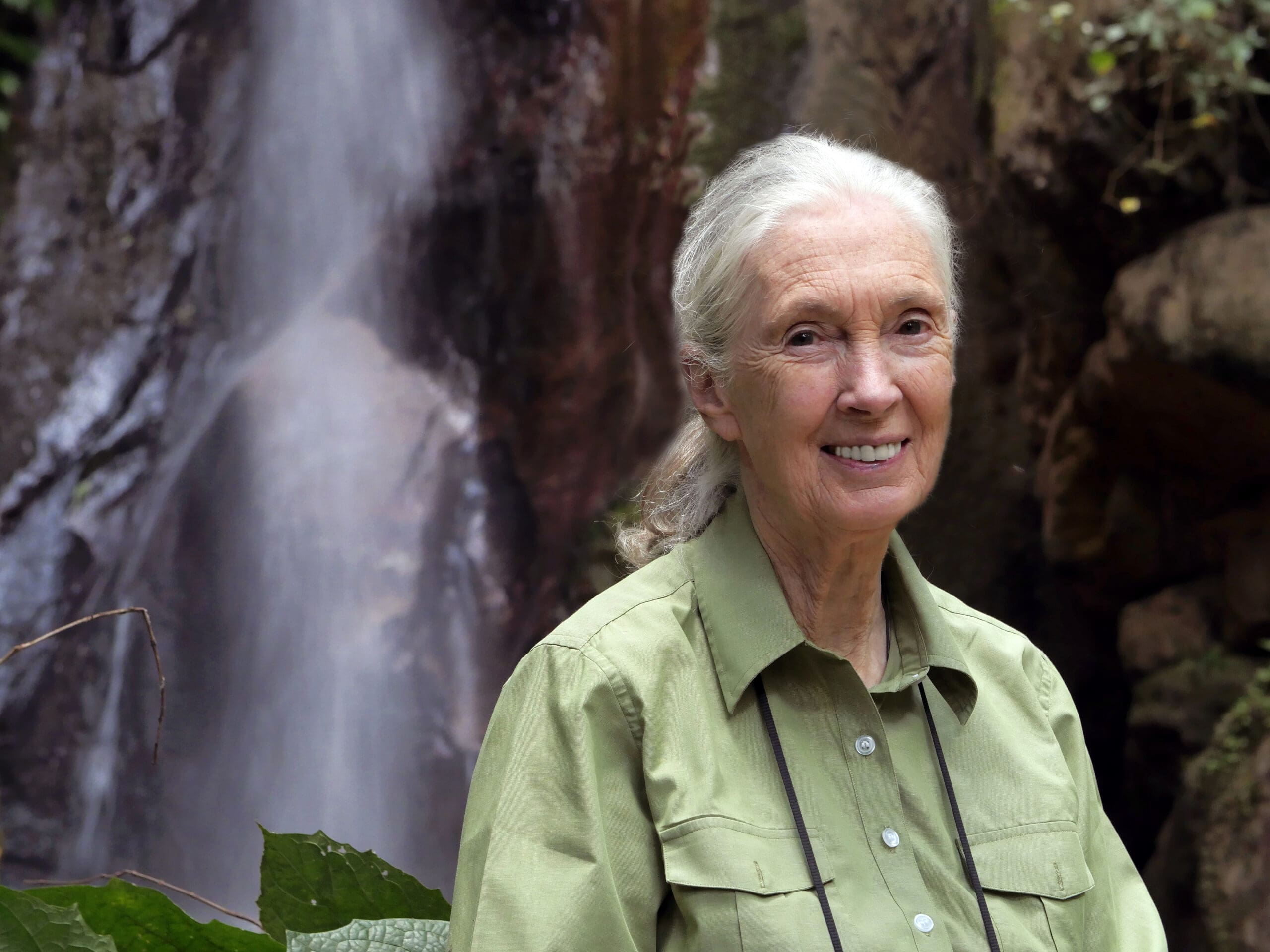
In 2021 VSPT announced a long term partnership with the Jane Goodall Institute Uganda for supporting the threatened chimpanzee population at Kyambura Gorge. In collaboration with the Uganda Wildlife Authority the partnership significantly reinforces community-led conservation and ecotourism development centred around the Kyambura Gorge landscape in the Queen Elizabeth National Park in Uganda.
Volcanoes Safaris partners with Dian Fossey Gorilla Fund as members of the Founders Circle for the new Ellen DeGeneres Campus in Rwanda.
Dian Fossey Gorilla Fund Campus for its programs to ensure wild gorillas are protected for the next 50 years and beyond. Volcanoes Safaris is signing a partnership worth $100,000 over five years, in cash and kind, making Volcanoes Safaris part of a small group of platinum donors which will support the Dian Fossey Gorilla Fund.
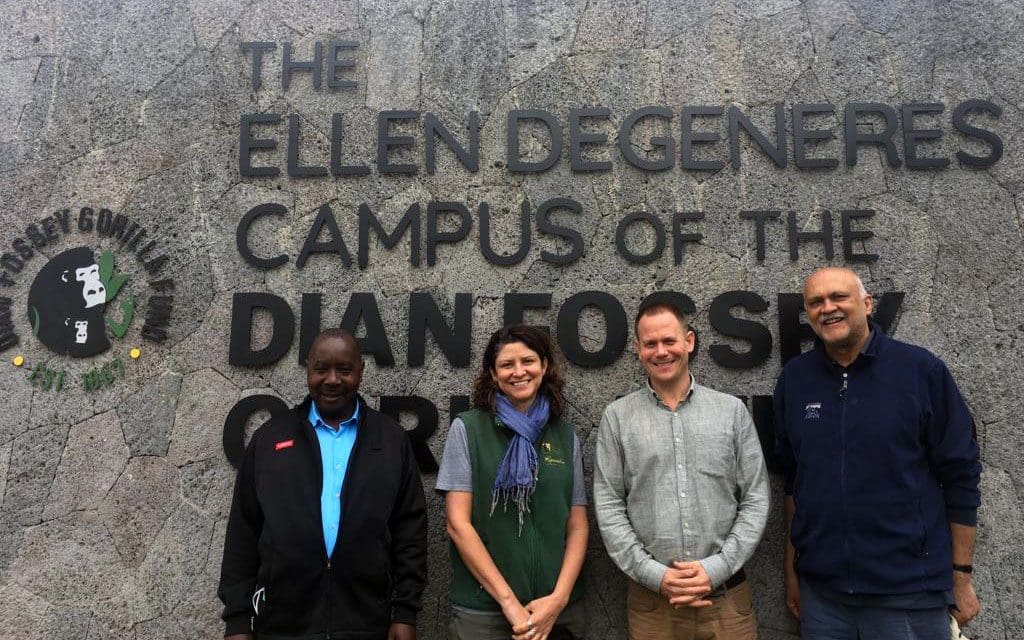
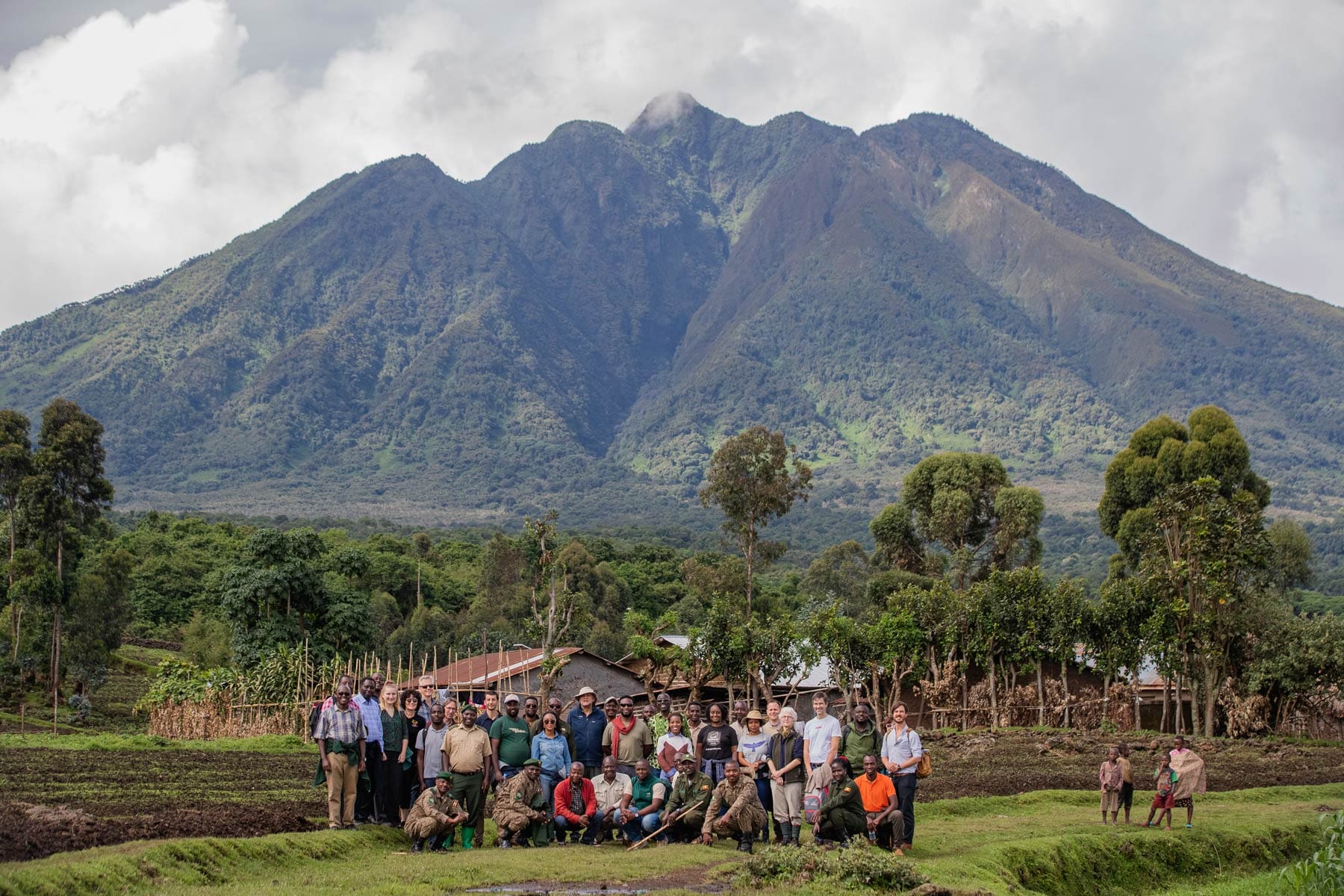
In November 2022 Volcanoes Safaris hosted a retreat at Mount Gahinga Lodge with twenty-five conservationists with the theme ‘The Albertine Rift Ecosystems and Great Apes: Conservation Challenges 2022 to 2050’. Following the retreat the ‘Albertine Apes Alliance' was created to support collective action and advocacy to support responsible ecotourism, improving community livelihoods, protecting habitats, health and disease issues. You can read more about the aims of the group here.
In January 2023 Praveen Moman hosted a panel discussion ‘The Future of Gorillas and Chimpanzees in the Albertine Rift’ at the Royal Overseas League in London, in partnership with Jane Goodall Institute, Gorilla Doctors, Conservation Through Public Health, Ape Alliance and The Gorilla Organisation.
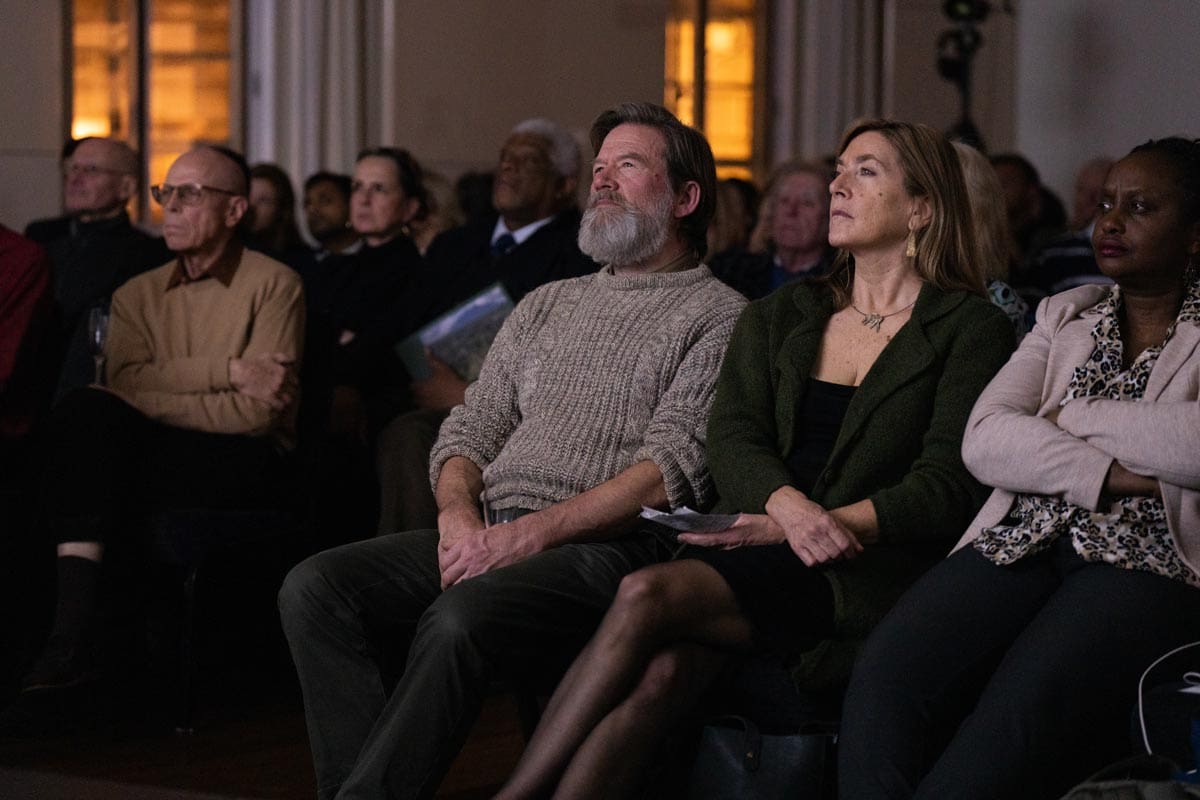
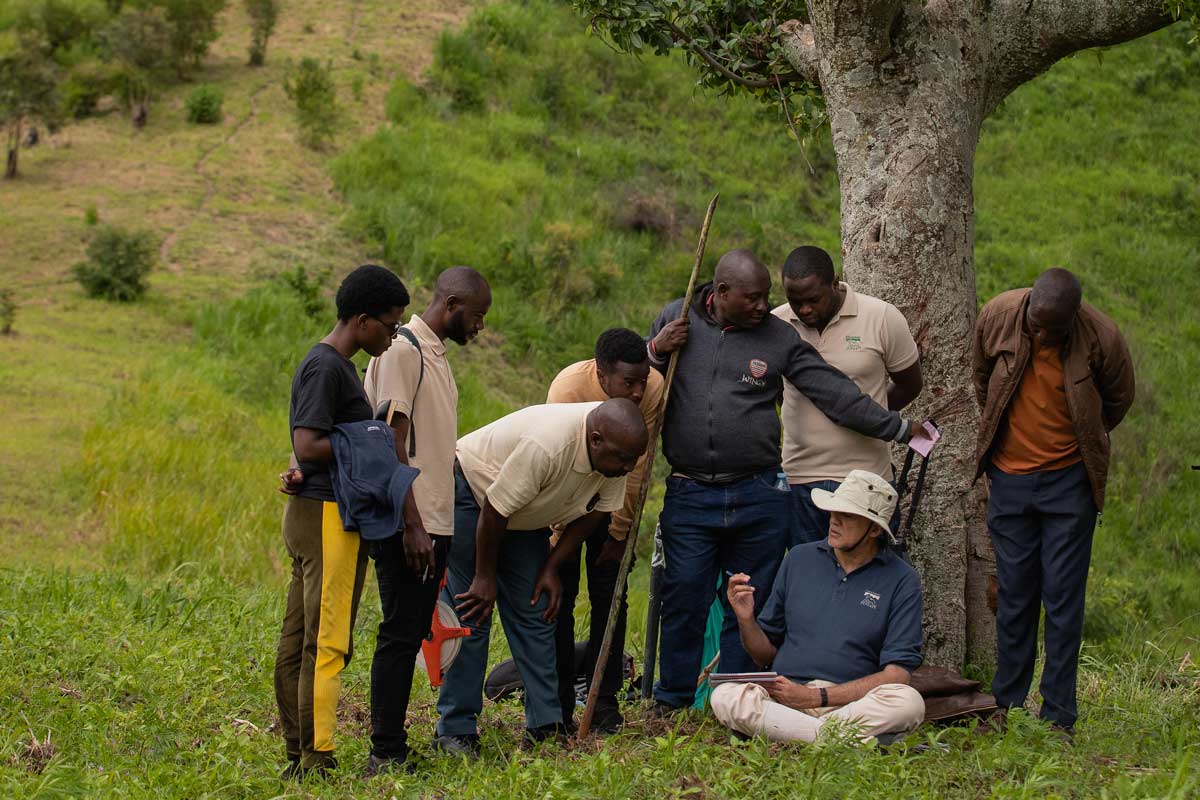
In 2023 we are happy to announce that we have started building a new lodge near Kibale Forest in Uganda. The lodge will focus on chimpanzee trekking in Kibale Forest, one of the most beautiful in Africa. The lodge will be open in July 2024.
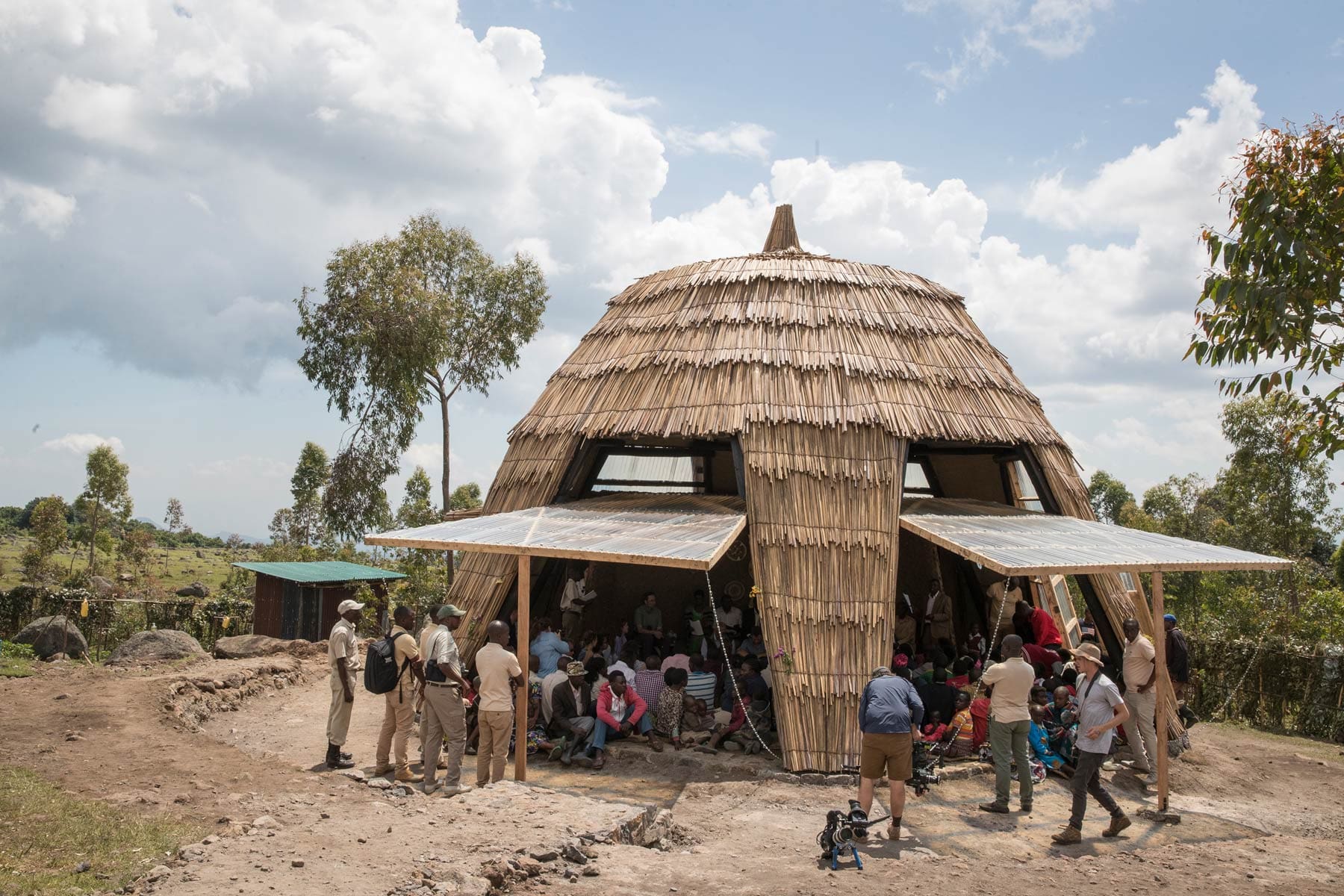
During the last twenty five years we have had a clear vision. We have sought to develop lodges that are sensitive to local culture and aesthetics, connect to the local community and conservation projects and seek to use resources responsibly.
We have sought to retain the core Afro-chic design ethos that was derived from Praveen’s life’s experiences – the simplicity of life in the bush, the values espoused by Mahatma Gandhi, the appreciation of African culture and aesthetics. Our primary style derives inspiration from many sources; from the homes of local African villagers, the landscape, the handmade approach, and the improvised design by eye rather than the obviously contrived (called kienyeji in Swahili). In post-colonial Africa it is important to be respectful to the culture and people. The essence of the feeling of luxury is that you should not notice it, nor should it be contrived.
We minimise the environmental impact of the lodges by using solar power when possible, harvesting our own rain water and recycling water and waste water when possible. The lodges avoid using any unnecessary single use plastics.
We believe that the conservation of species such as the mountain gorilla has to be part of the economic mainstream to succeed; sensitive and controlled tourism has an essential role to play in conservation; and most of all, if an endangered species is to survive, the focus of conservation and tourism must be on communities getting tangible long-term benefits.
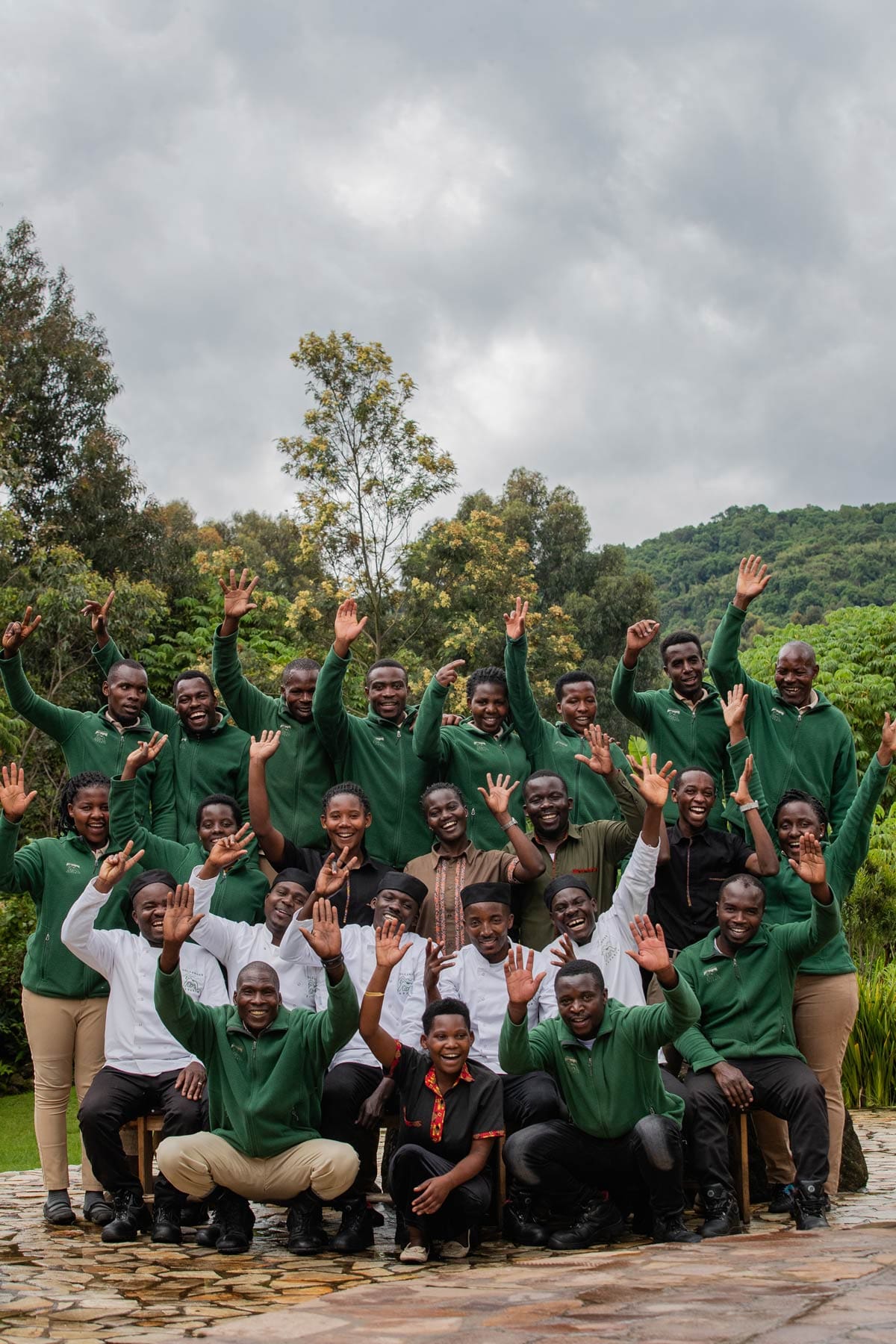
The Volcanoes family, from guides and waitresses to lodge managers and office staff in Kampala and Kigali are committed to ensuring that guests have a distinctive, unique and memorable lodge experience while on a gorilla or chimpanzee safari.
We employ over one hundred and fifty staff from the Great Lakes region – Rwanda, Uganda, DRC and Burundi – many of whose families have lived through conflict, mostly based at our lodges and our ecotourism projects.
Empowering local staff at all levels of management is a key aspect of Volcanoes’ philosophy and is exceptional among leading lodge companies. Staff benefit from Volcanoes’ extensive training programs and manage guest experience from beginning to end and are complimented for the exceptional level of service. They take a particular pride in sharing the cultures of the Great Lakes region.
The overwhelming majority of our management staff are from the region and over 50% are women; 85% of the staff at lodges come from the neighbouring communities.
Volcanoes Safaris has published a series of photoessays which document the history, vision and achievements of its conservation and community work.
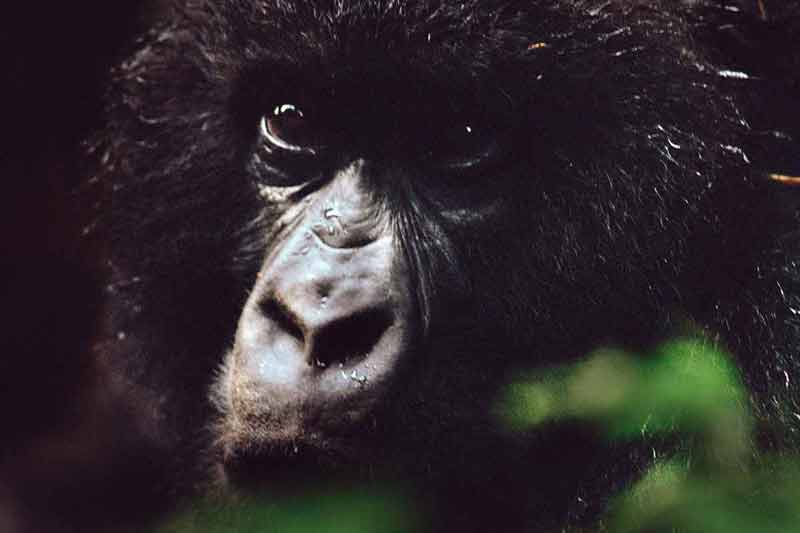
Into the Virungas (2014), published on the 10th anniversary of the opening of Virunga lodge, is a conversation with Praveen about his essential vision to champion the people, the animals and forests of Africa.
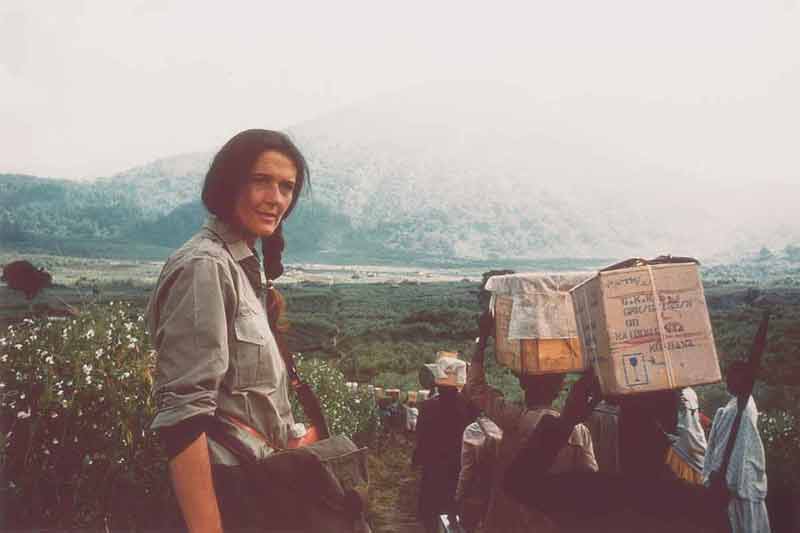
‘Explorers and Conservationists of the Virunga Volcanoes’ (2017) gives a synoptic overview of the exploration and conservation of the Virunga Volcanoes from the 1860s to the death of Dian Fossey in 1985.
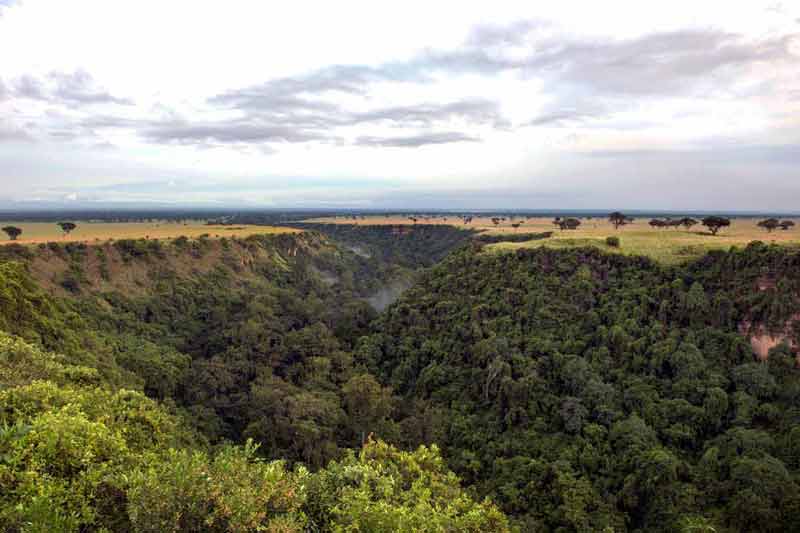
‘Safeguarding the Chimps of Kyambura’ (2021) tells the story of the Kyambura Ecotourism Project and the background to the conservation and community projects which protect the Kyambura ecosystem.
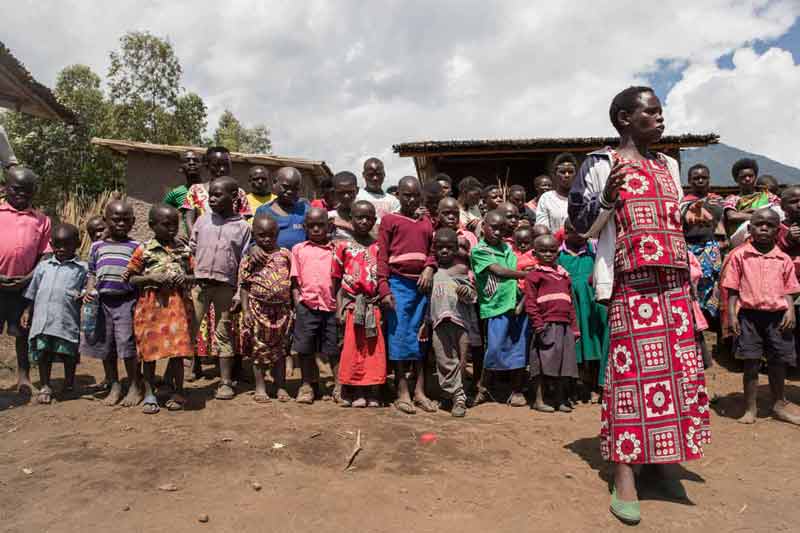
‘The Batwa of Gahinga: Honouring our Forefathers’ (2021) documents the history and journey of the Batwa community in Mgahinga National Park and the building of the Gahinga Batwa Village.
Volcanoes Safaris is recognised as the leader in great ape tourism.
We are proud of the recognition of our work as pioneers of gorilla and chimpanzee eco-tourism, as well as for our lodges, conservation and community work.
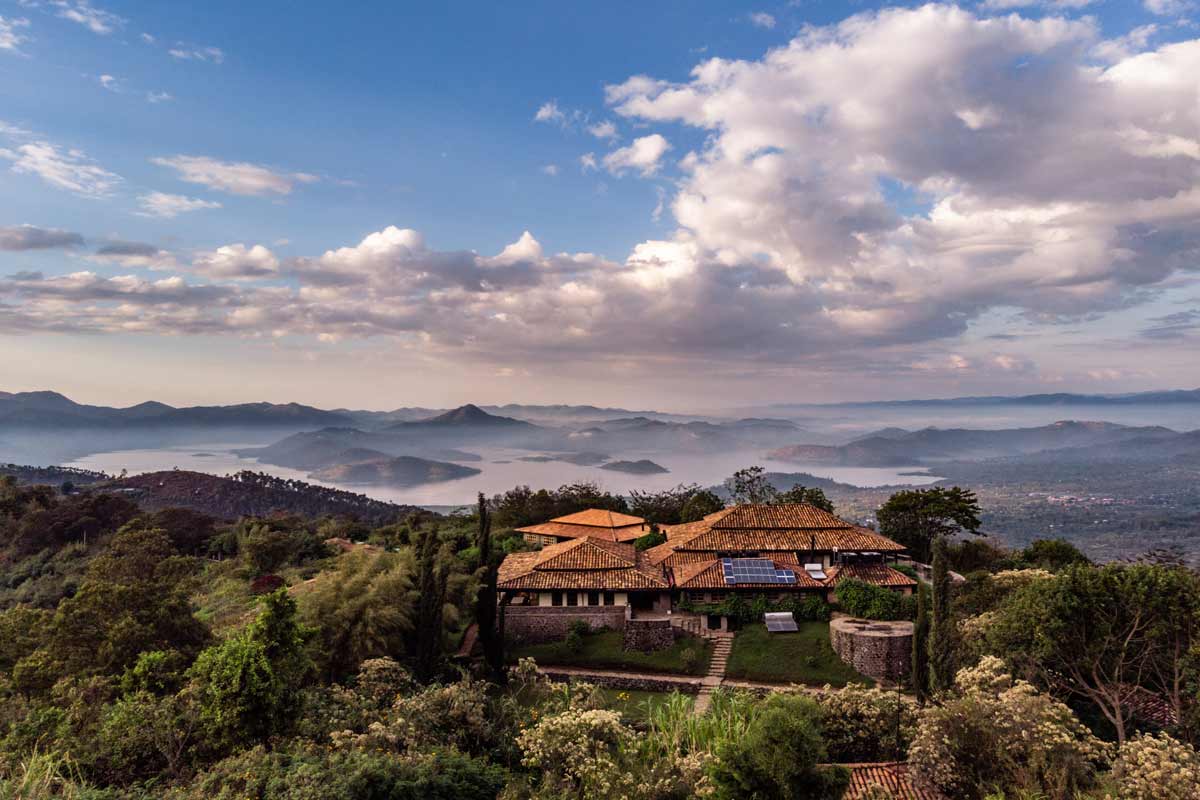
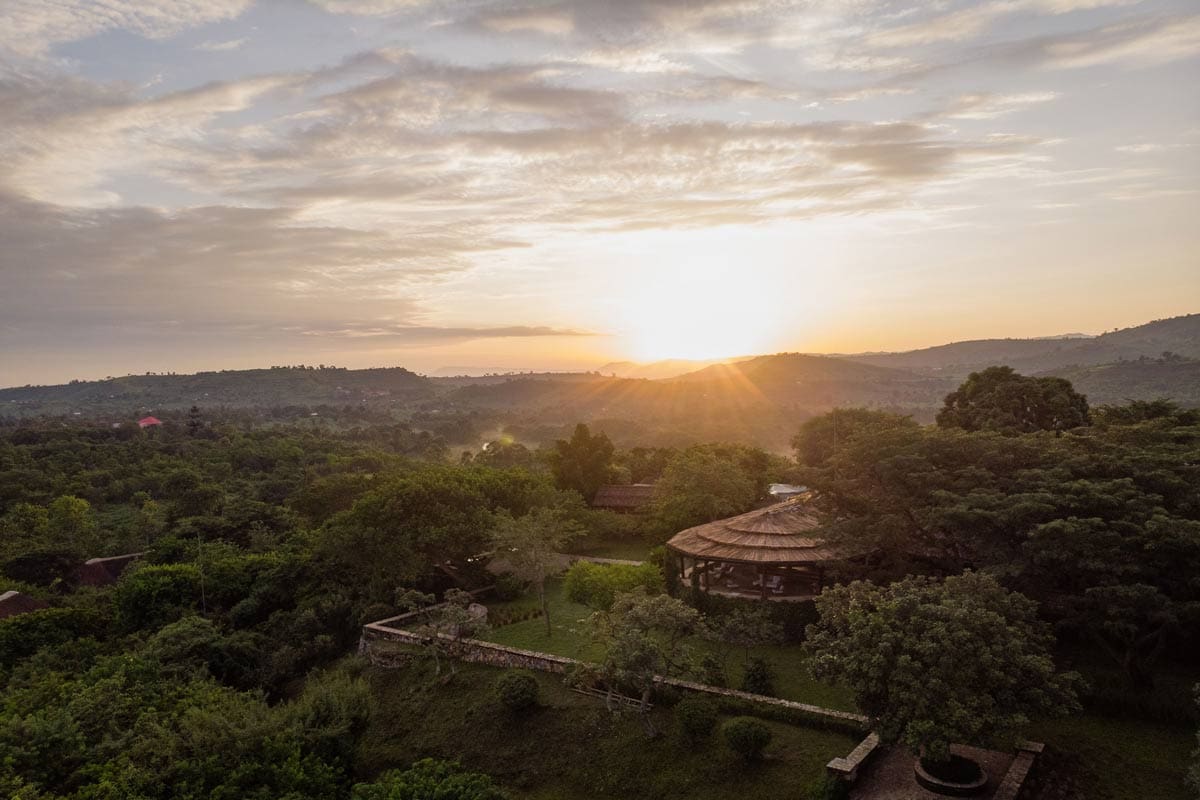
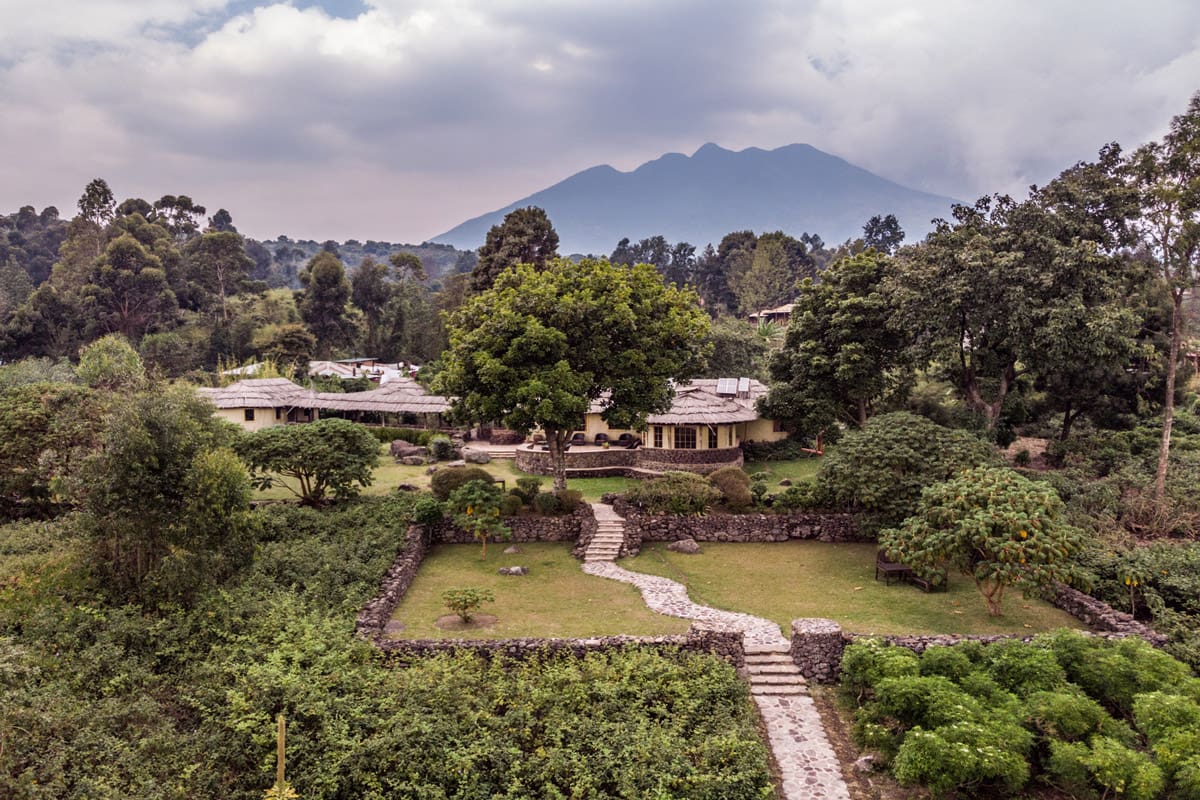
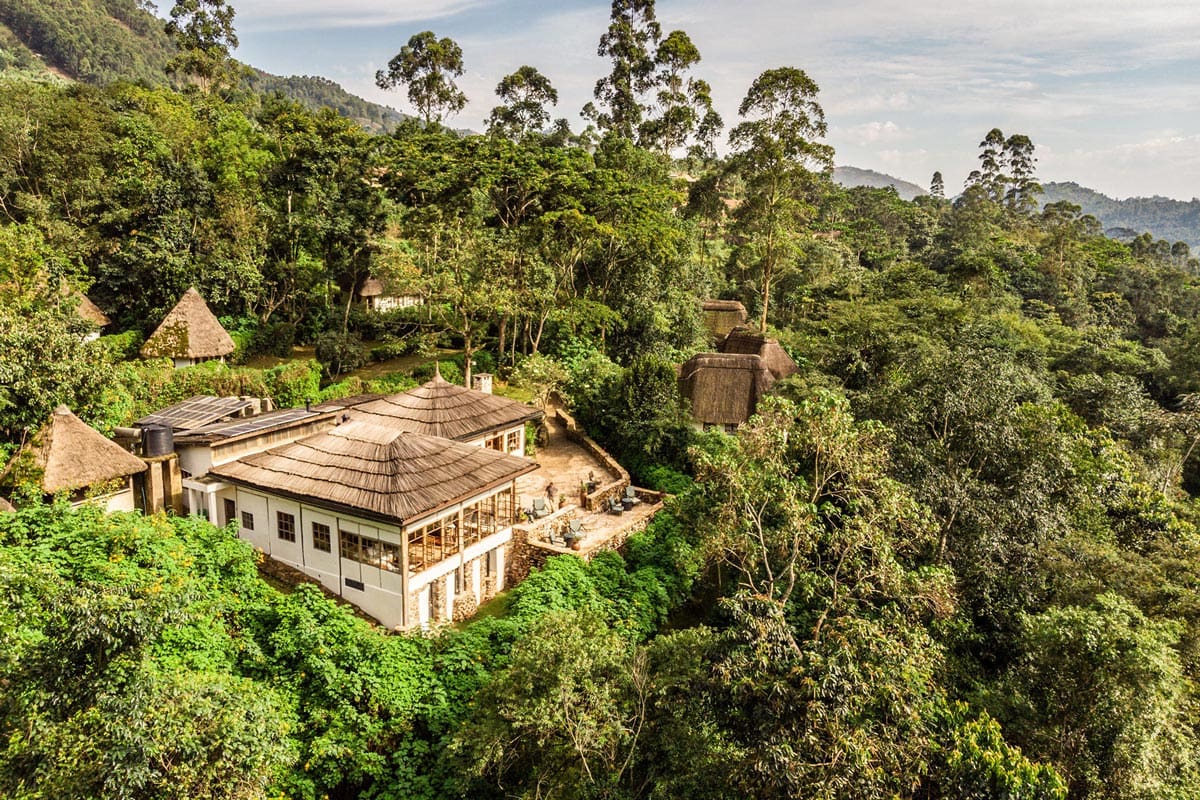
In 2023 Virunga Lodge in Rwanda and Mount Gahinga Lodge in Uganda were listed in Travel + Leisure readers’ favorite safari lodges in Africa 2023.
Write to us on [email protected] or send us a message via the form on our contact page.
Rwanda: +250 (0) 252 502 452
Uganda: +256 (0) 414 346 464
© Volcanoes Safaris 1997 – 2024. All Rights Reserved
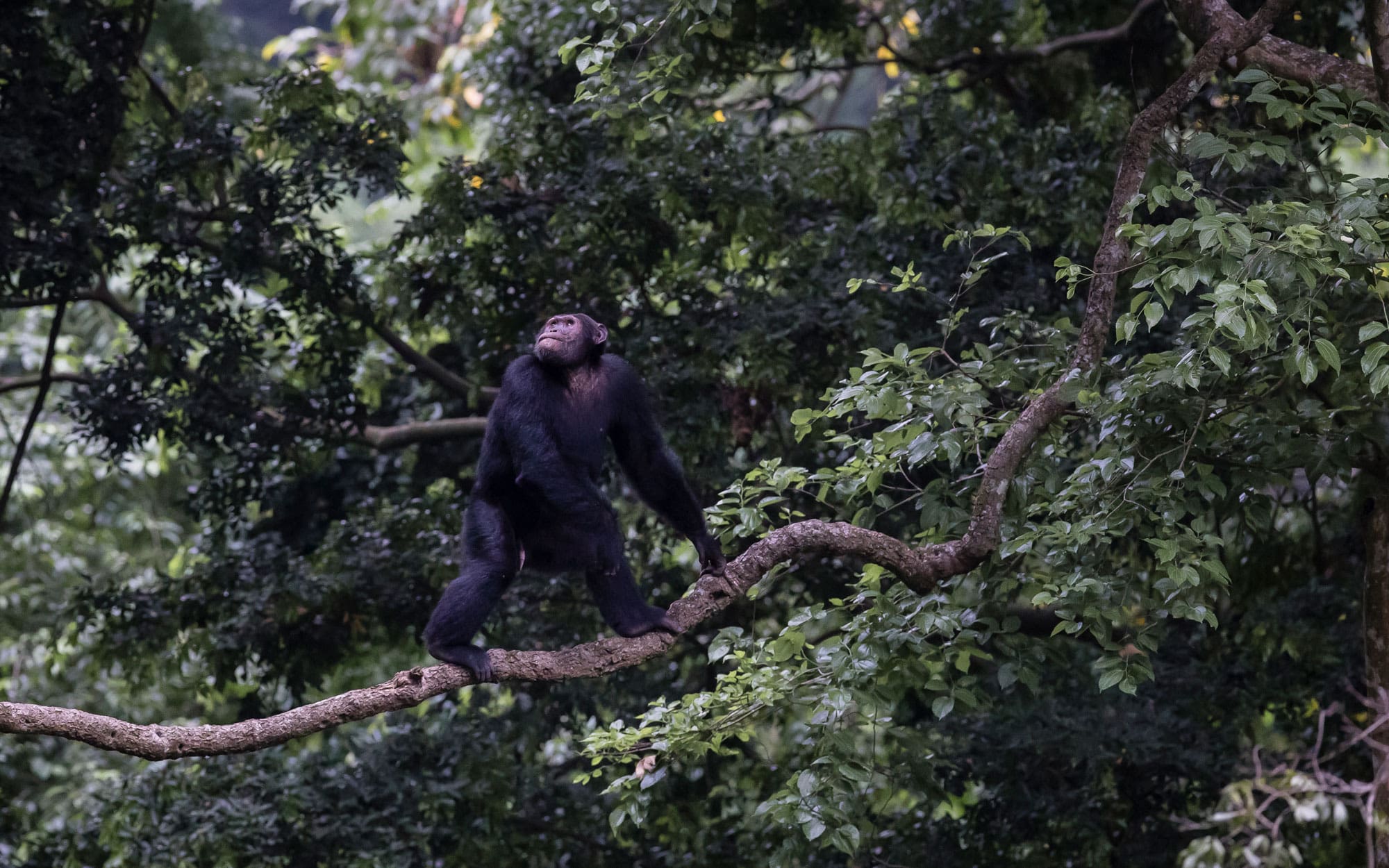

Tracking chimpanzees in their natural habitat, as they swing from the branches in the canopy high above the forest floor is nothing short of exhilarating. The chimps effortlessly cross and scamper through the trees above the gorge, and visitors on the other hand must cross the river using natural bridges in order to keep up with the chimps. So although the walk usually lasts only 2–3 hours, descending the steep gorge and crossing the log bridges over the river requires some agility and fitness.
Chimpanzee tracking is also available in nearby Kalinzu, a forest reserve 30 minutes drive from Kyambura Gorge Lodge where there is a community of about 40 habituated chimpanzees.